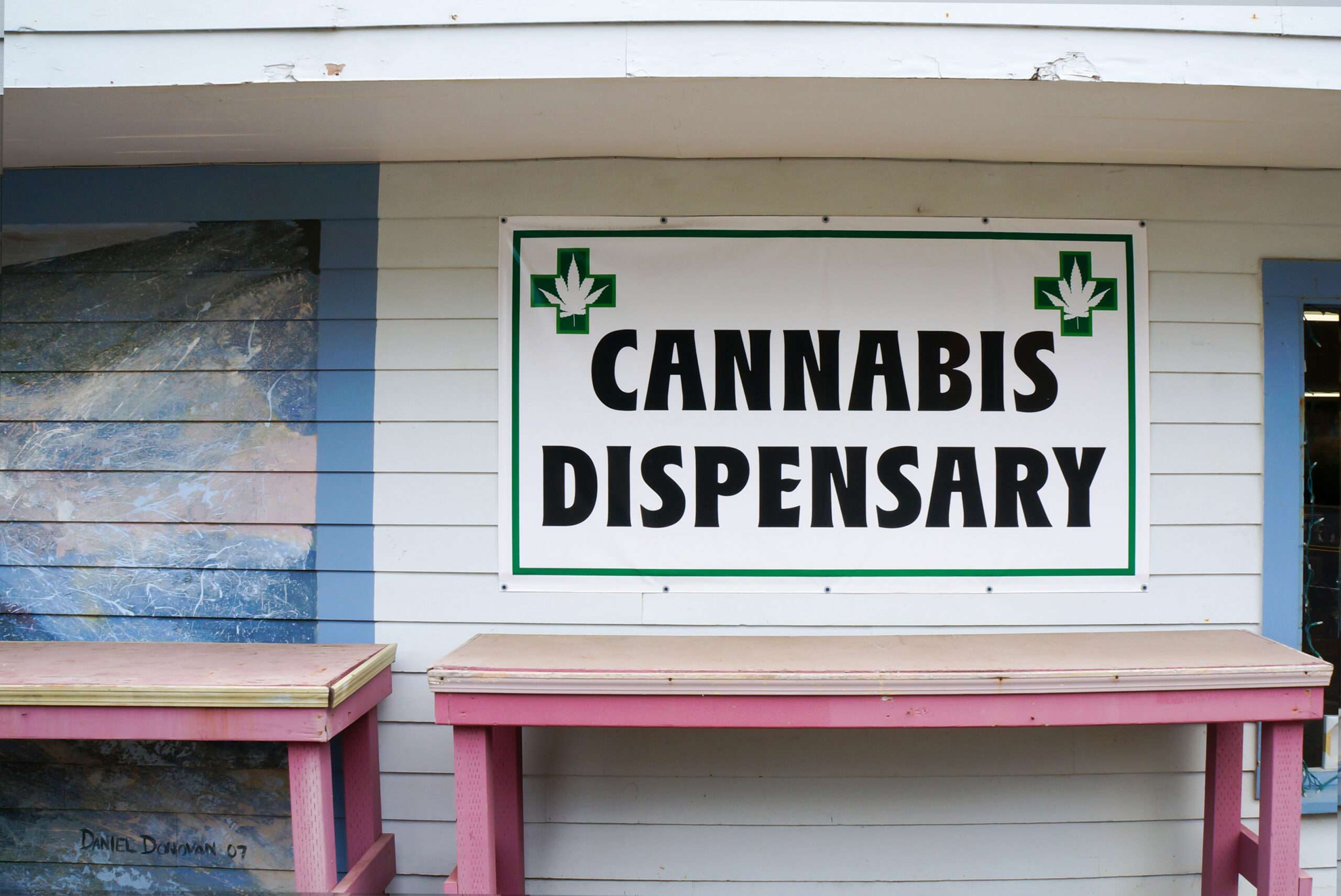
Recreational marijuana isn’t legal yet in Pennsylvania. That hasn’t stopped Philadelphia politicians from trying to future-proof their zoning ordinances to block recreational sales.
Philadelphia Councilmembers Brian O’Neill and Curtis Jones have proposed amendments to the city’s zoning code that would preemptively prohibit existing medical marijuana businesses in two overlay districts they represent from participating in recreational sales.
The prohibition would affect five existing medical marijuana stores, according to The Philadelphia Inquirer, which reported on the zoning amendments earlier today.
The immediate practical impacts of the amendments are minimal, given that recreational marijuana is still illegal in Pennsylvania. State lawmakers are nevertheless working on various proposals for legalizing recreational sales. Gov. Josh Shapiro, a Democrat, has endorsed legalizing (and heavily taxing) recreational sales.
Industry advocates say this will unfairly penalize existing medical marijuana businesses when recreational sales are eventually legalized, all because they opened up in the wrong part of town.
“If you set up a system where four or five stores can’t sell adult use and then 16 can, people are going to go to the ones” that can sell to recreational customers, says Jamie Ware, president of the Pennsylvania Cannabis Coalition (a trade association).
Ware is also a senior vice president with Holistic Industries which operates one of the Philadelphia dispensaries that would be affected by O’Neill and Jones’ zoning amendment.
Existing businesses, she notes, are locked into longer-term commercial leases, so they can’t easily move to avoid the restrictions. If the current medical system is any guide to how future recreational businesses will be regulated, transferring a license to a new location would require state approval and could take years.
O’Neill did not immediately respond to Reason‘s request for comment. Jones told the Inquirer that while medical sales haven’t created problems, recreational sales will bring a less desirable crowd, necessitating the restrictions.
“Everybody wants to safeguard their right to transfer to recreational. But if you look at what retail brings, it’s a different customer base, a different threat,” he said.
“The main difference between adult use [businesses] and medical-only is the number of customers we have. We still have the same product there, the only difference is the number of customers and our viability in the market,” counters Ware.
The distinction between medical and recreational marijuana businesses is entirely a regulatory creation. It stands to reason that medical and recreational marijuana businesses are going to have the same impact on their neighbors, regardless of whether their customers are trying to alleviate their back pain or their boredom.
The best argument for zoning is that it mitigates negative externalities. But there’s no externality from a recreational marijuana business that a medical-only marijuana business doesn’t also cause. Therefore, banning the former while allowing the latter isn’t about regulating legitimate neighborhood impacts; it’s about micromanaging private activity on private property.
The O’Neill and Jones zoning amendment will be considered by the City Council on Thursday. It is expected to pass.








